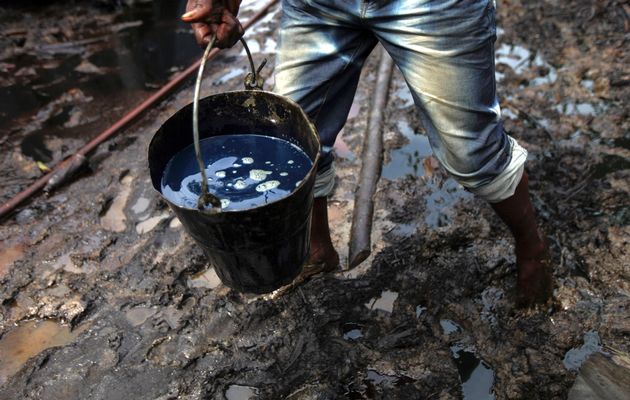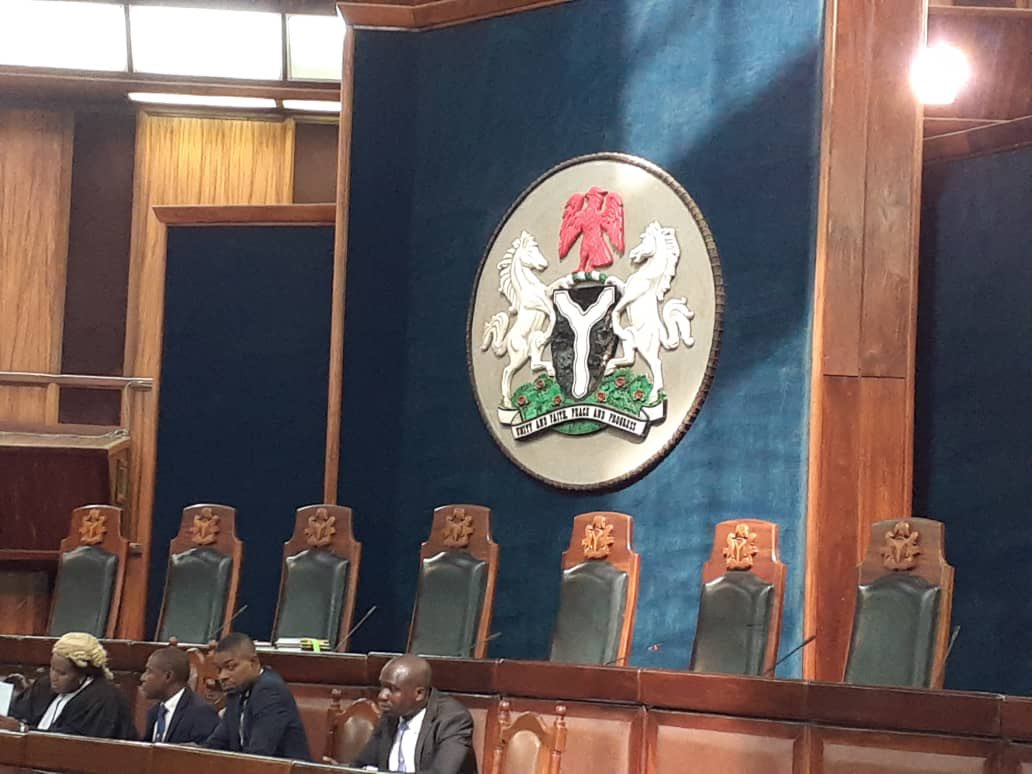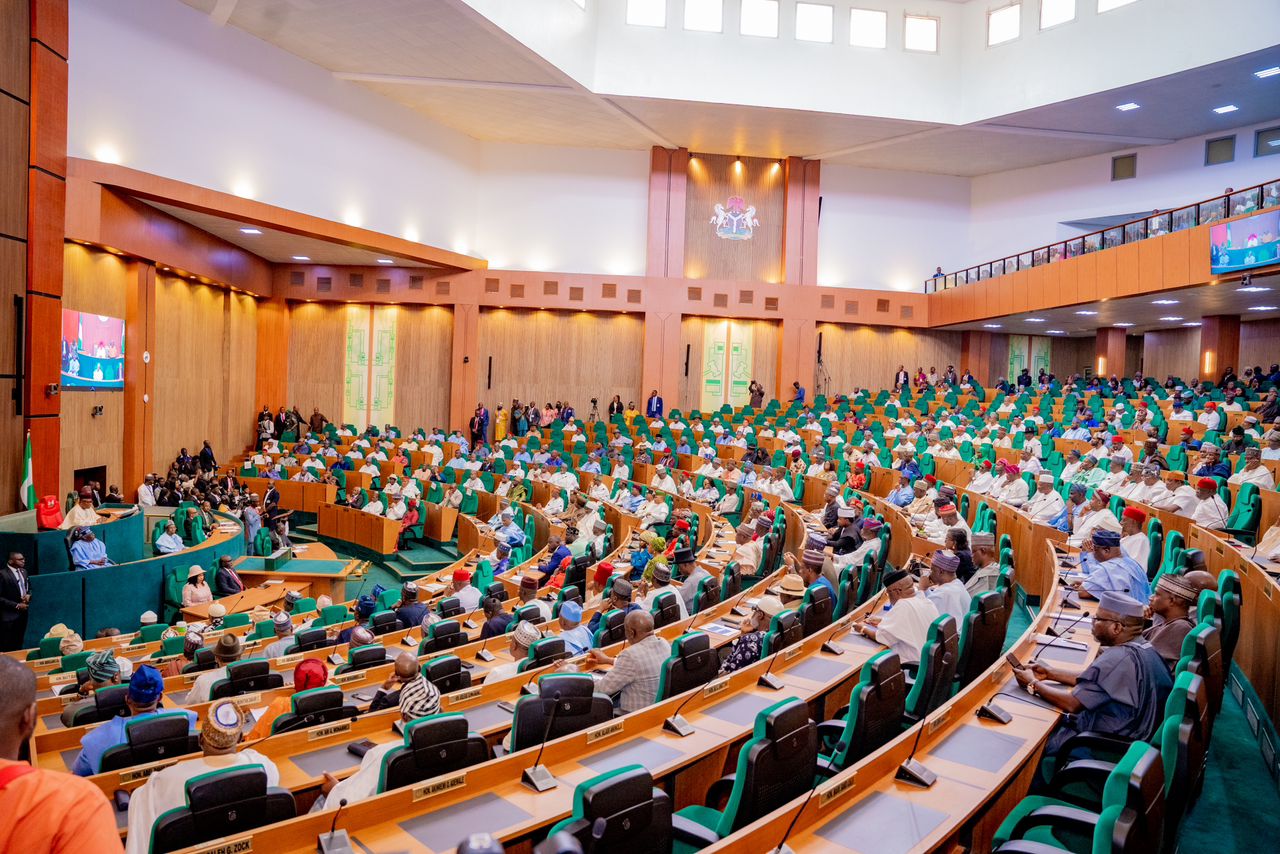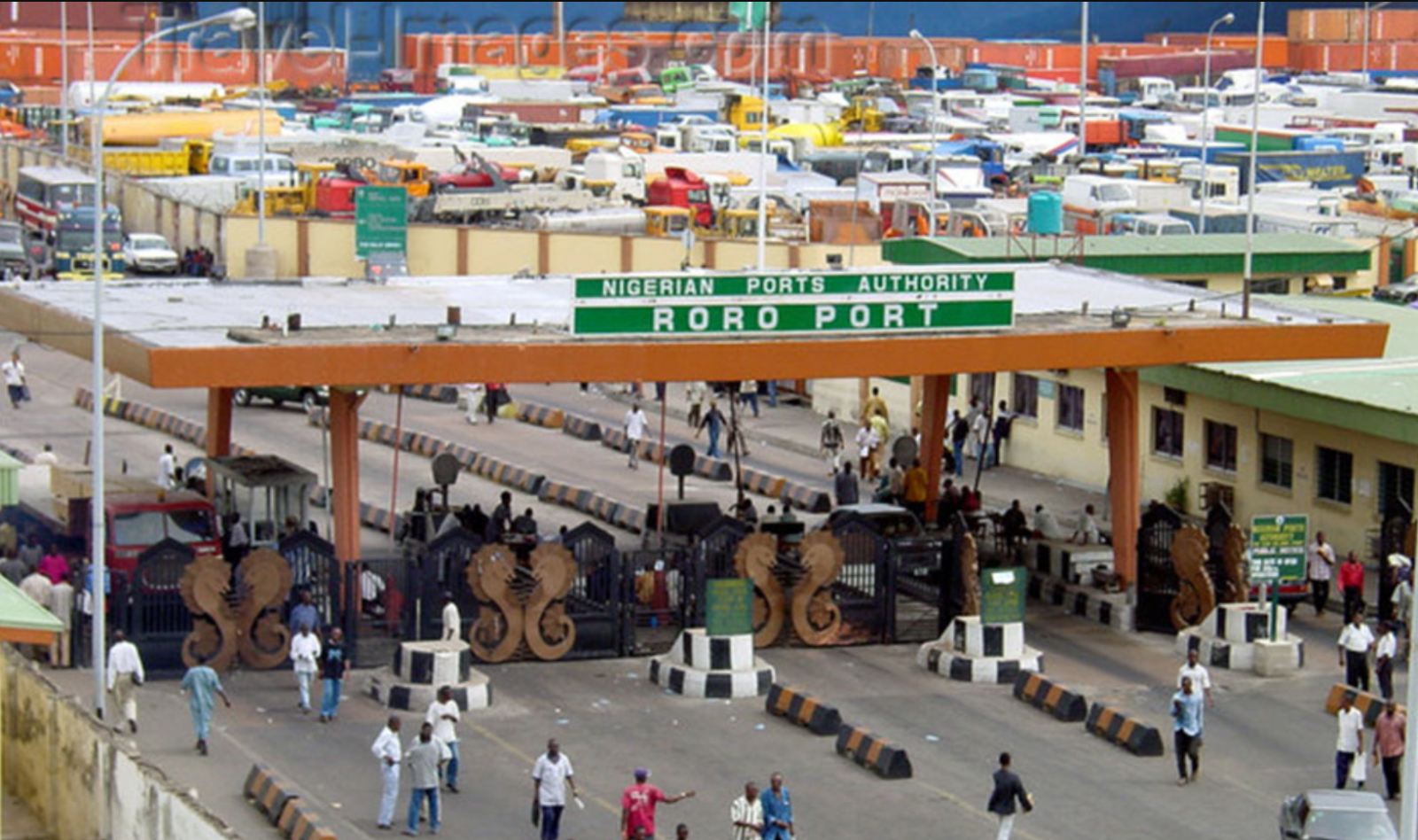The Nigerian National Petroleum Company Limited (NNPCL) on Tuesday disclosed that from August 26 to September 1, 2023, there were at least 150 crude oil theft incidents in the country.
The company which disclosed this via a video report tagged, ‘War on oil theft’, on its X account (formerly Twitter), noted that the incidents happened mainly in Bayelsa, Rivers, Imo, and Delta States.
Shedding light on the ongoing challenges related to unauthorized oil processing in the Niger Delta, the report disclosed that a total of 56 illegal refineries were discovered and dismantled.
The report outlined that authorities uncovered 22 illegal connections, underscoring the need for vigilance in monitoring and addressing unauthorized access to critical infrastructure.
It further documented nine instances of vessel AIS infractions, emphasizing the importance of maritime safety and security in the region.
A total of seven pipeline vandalism acts were detected, underscoring the ongoing challenges posed by these activities, including environmental damage and economic losses, the report said.
According to the report, during this period, three oil spills were identified, drawing attention to the environmental repercussions and the need for swift remediation.
In terms of geographical distribution, nine incidents were reported to have occurred in the Deep Blue Water area.
“The Western region recorded 24 incidents. A significant number of incidents, totalling 50, were reported in the Central Region. The Eastern region of the oil-producing Niger Delta experienced the highest number of incidents, with 67 recorded,” the report added.
Shedding more light on the intricate nature of crude theft operations in the Niger Delta region, it revealed that some of the illicit ventures involved the establishment of large crude pits for the storage of stolen crude oil.
NNPCL also noted that certain culprits had resorted to packaging stolen crude in sack bags for subsequent sale, adding that these activities have wrought significant environmental havoc in the region.







































Leave a comment